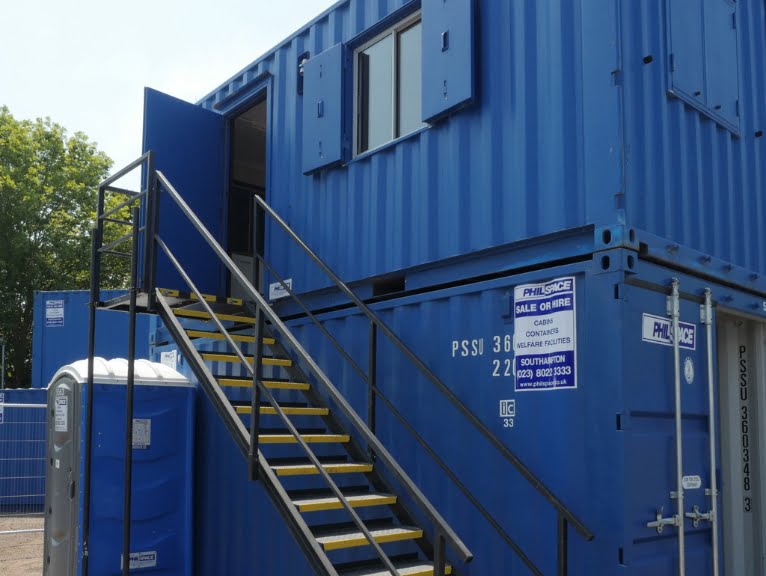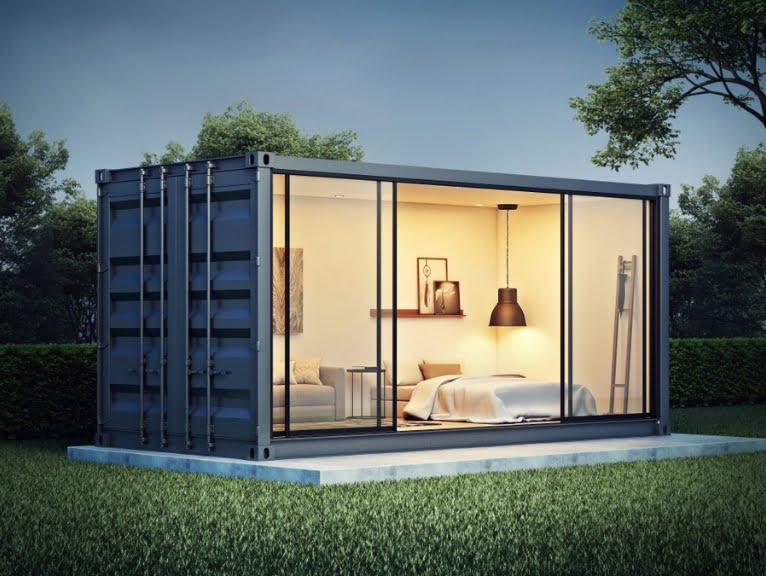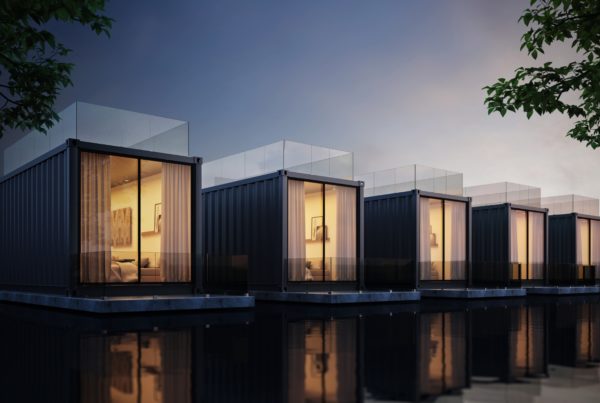Owning a shipping container in the UK isn’t as simple as making a purchase and putting it to use. There are various legalities and regulations that you must navigate to ensure your container complies with local laws and ordinances. This quick guide to shipping container regulations aims to shed light on these aspects, providing you with a comprehensive understanding of the various regulatory considerations that might relate to owning or using a shipping container. Whether you’re thinking of buying a shipping container for storage, construction, or even to convert into a unique living space, this quick guide will help you understand what you need to know before taking the plunge.
The Legalities of Buying a Shipping Container
Planning Permission
This is a key aspect to understand when asking what you need to know when buying a shipping container. If your purpose is temporary or involves regular relocation, you may not require planning permissions. These containers are often classified as ‘temporary structures‘, which gives them flexibility in terms of legal requirements.
However, the situation changes when you’re looking to transform your container into a permanent fixture. Whether it’s an innovative living space or a unique office environment, you’d likely need to apply for planning permission. This process ensures that your structure meets local building codes and regulations, providing a safe and compliant environment.
It’s also crucial to note that these regulations can vary by location, so it’s always advisable to consult with your local planning authority before proceeding with your project.
Building Regulations
When embarking on the journey of owning a shipping container as a living space or office, it’s crucial to understand and comply with UK building regulations. These regulations are in place to ensure all building work, including changes and alterations, meets specific design and construction standards.
The parameters of these standards cover a broad range of aspects. For instance, insulation is a critical factor to consider. It’s not just about maintaining comfortable internal temperatures; good insulation also plays a role in energy conservation.
Ventilation, another important aspect, is essential for maintaining air quality and preventing the build-up of moisture that could lead to mould growth.
Fire safety regulations are equally important. They dictate the use of fire-resistant materials and the implementation of effective escape routes and alarms.
Location
The location of your shipping container significantly influences whether or not it’s easy to buy and use a shipping container for your chosen purpose. This is due to the diverse nature of land use and planning controls across the country.
Certain zones, such as conservation areas or Areas of Outstanding Natural Beauty (AONB), have stricter rules. These regions are protected owing to their significant historical or natural value. Therefore, any alterations or additions, including the placement of shipping containers, are subject to rigorous scrutiny to ensure the preservation of these sites.
Moreover, even outside these specific areas, local councils may have individual guidelines regarding the placement of structures, including shipping containers. These rules could pertain to aesthetics, safety, environmental impact, or community standards. It’s, therefore, crucial to consult with your local council before purchasing or placing a shipping container.
Size and Appearance
In the UK, the need for planning permission for your shipping container can be influenced by factors such as its size and appearance. Larger containers that markedly alter the look of a property or area are more likely to necessitate permission.
This is particularly true if the container is intended to be a permanent structure as opposed to a temporary one. The aesthetic impact of the container on its surroundings can also play a crucial role. If any project is deemed to detract from the area’s visual appeal or character, special permission may be required.
Start Your Shipping Container Journey Today with Philspace
Have you found our quick guide to shipping container regulations useful? Are you ready to venture into the world of shipping containers? The journey may seem daunting, but with the right guidance, it’s an exciting investment. If you’re wondering what you need to know when buying a shipping container, you’ve come to the right place.
At Philspace, one of the UK’s leading providers of cost-effective, secure, and flexible site accommodation and storage solutions, we’re committed to helping you navigate this process.
With over 30 years of experience in the industry, we offer a wide range of shipping containers suitable for various purposes – from temporary storage solutions to permanent structures. Whether you’re looking for a container for your business or personal use, Philspace has got you covered.
Start your shipping container adventure with Philspace. Click the link below to contact us, or take a look at our products page to see which solutions we offer.







